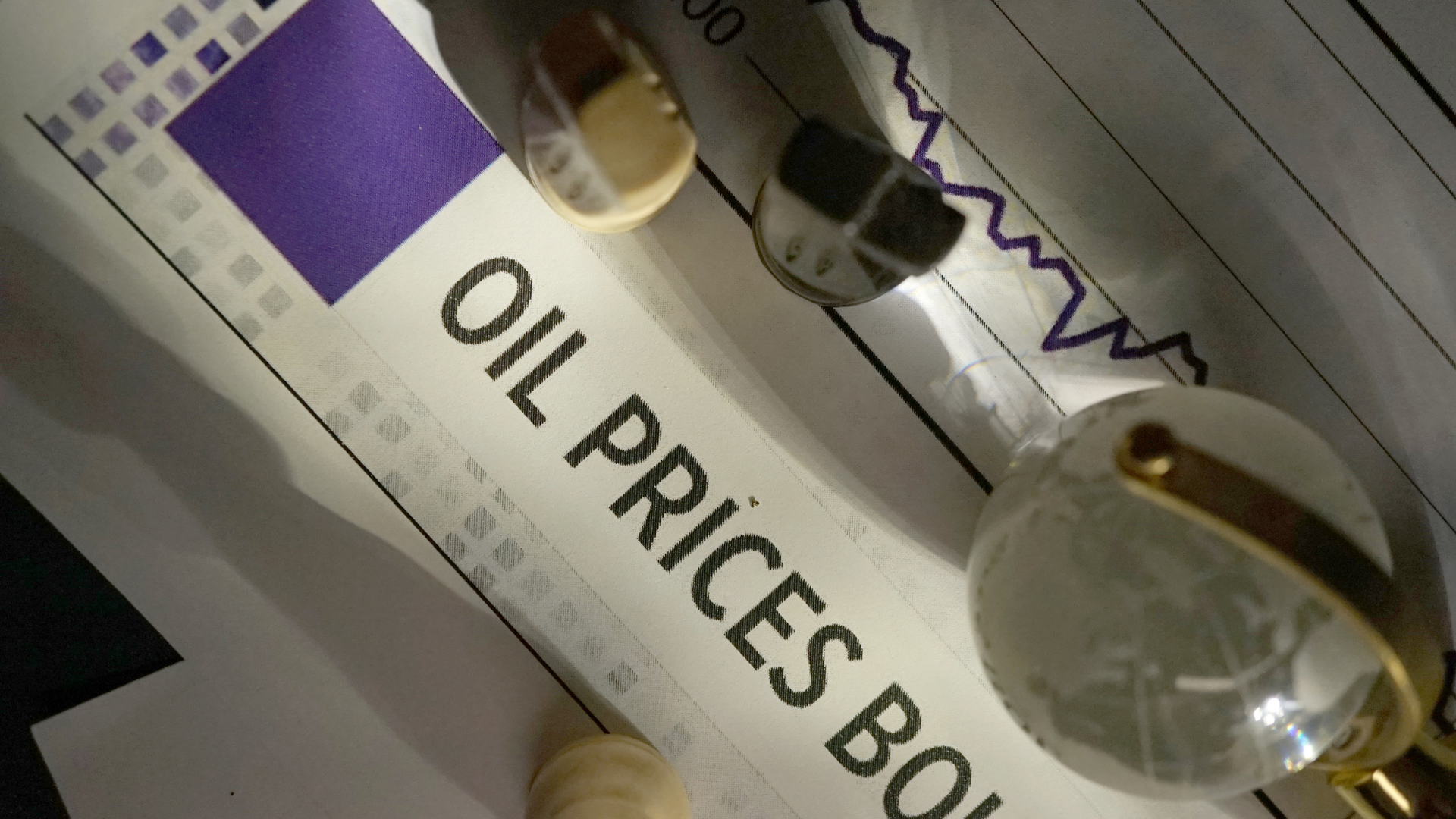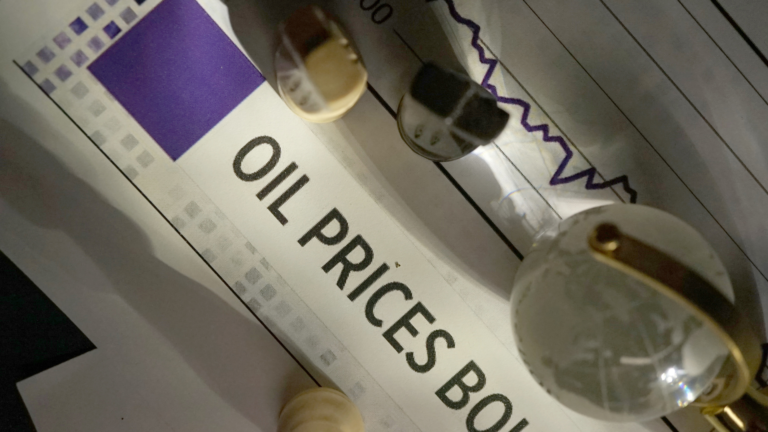OPEC+ has abandoned its plans to return oil production to previous levels, a move that has raised eyebrows amid rising global demand for energy. According to TDS, the group cited persistent market uncertainty and a cautious outlook on economic recovery as key reasons behind the decision to maintain current output levels. This shift is expected to have a long-term impact on oil prices, which have already been volatile in recent months.
The decision comes as the oil market faces growing pressure from both geopolitical tensions and economic slowdown concerns, particularly in key regions such as China and Europe. OPEC+ aims to manage supply carefully, balancing the need to support price stability without exacerbating inflationary pressures. The delay in production increases signals that the cartel is wary of oversaturating the market.
As traders digest the news, the oil market is bracing for potential price fluctuations. While some analysts predict higher prices in the short term due to tighter supply, others caution that OPEC+’s decision could signal deeper concerns about the sustainability of current growth trends. How the market reacts in the coming weeks will likely hinge on broader economic developments and OPEC+’s ability to maintain its influence.






















